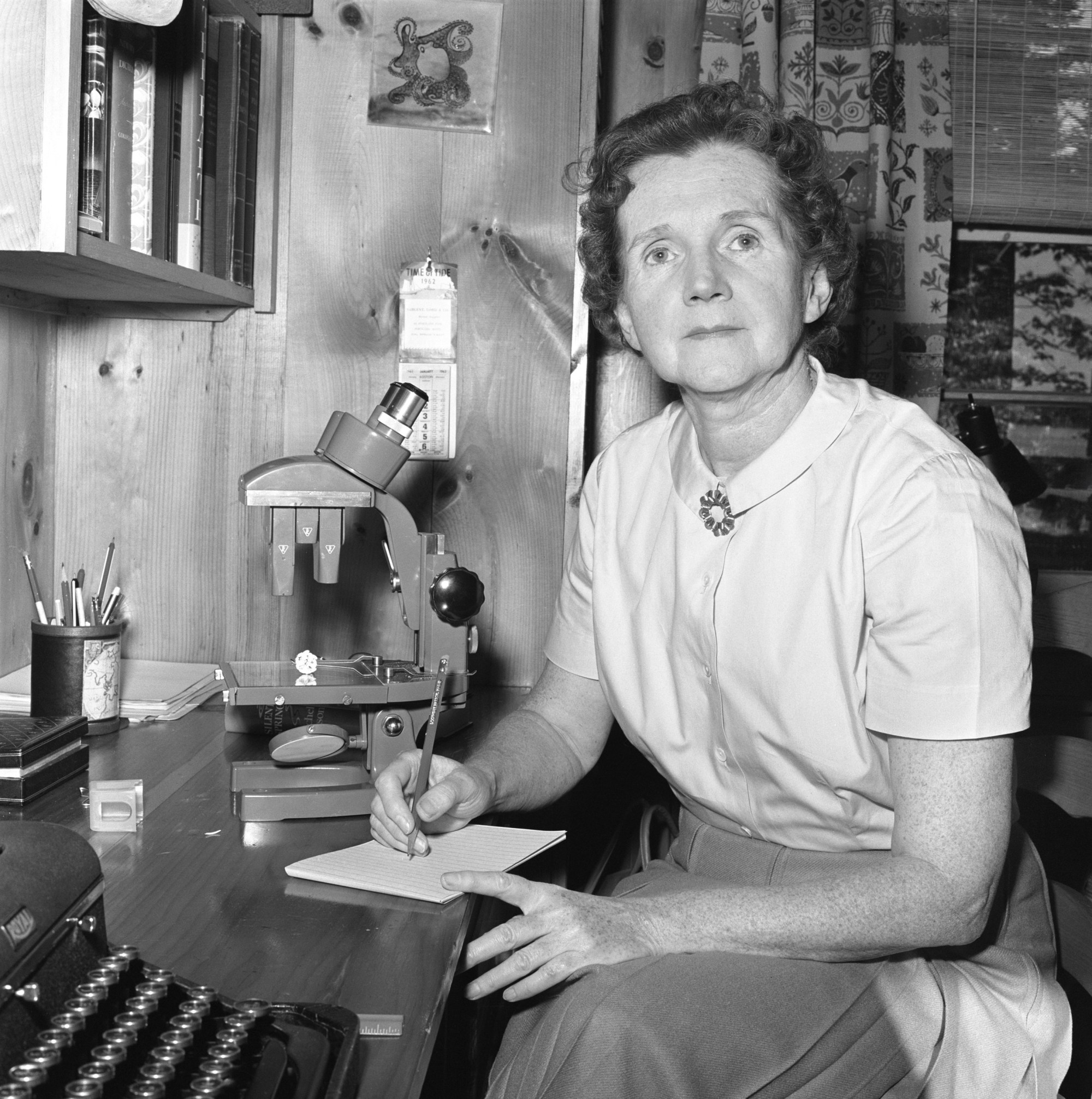
- Film
The Trigger of an Environmental Conscience: Rachel Carson’s Book “Silent Spring”
Mankind is confronted with a shocking reality: everywhere plants are starting to wilt away. This is an apocalyptic threat. Life on Earth cannot be sustained without plants.
In a desperate attempt to secure a future for Earth’s life forms, a crew of scientists gathers as many endangered specimens as possible. They isolate and preserve them in what seems like updated versions of Noah’s Ark: gigantic geodesic greenhouse domes that are transported by spaceships. Is there a chance of survival in space or on another planet?
The answer to this question falls on Freeman Lowell, a botanist and ecologist working on one of the eight space freighters. He cultivates plants and raises animals in the hope of greening the planet Saturn or, perhaps, of one day returning home to Earth to restart the life cycles of a healed and healthy nature.
Freeman Lowell is played by the three-time Golden Globe nominee Bruce Dern. The doomsday scenario he has to deal with is, of course, the subject of Douglas Trumbull’s sci-fi thriller Silent Running.
The film was released in 1972. Ten years earlier a book was published that inspired the film: “Silent Spring”. Not only do the similar titles of book and film reveal their connection, their subject and message also do as well: all life is imperiled by the corrupted state of our planet’s plants.
The main difference is that the book is non-fiction. Its author is Rachel Carson, an American trained marine biologist who established a devoted readership due to her “Sea Trilogy”. She was employed by the US Fish and Wildlife Service, where she transformed her passion and insights into three bestsellers: “Under the Sea-Wind” (1941), “The Sea Around Us” (1952), and “The Edge of the Sea” (1955).
Then, the times changed. And so did her focus. This is explained in a PBS documentary about the significance of Rachel Carson’s book: “It was 1962, the height of the cold war, a moment when the anxiety about the future was leavened by the abiding faith in the power of science to secure our safety and prosperity”.
Mankind, armed with constantly increasing scientific achievements, defined itself high above nature – not part of it. The rallying cry was: humans control nature, not the other way around. If pesky bugs feast on our crops, we declare war on them and drop bombs of poison in order to eliminate the threat. Products made in our chemical labs allow us to declare victory.
“Then”, the PBS narration continues, “came an incendiary book that sowed seeds of death”.
Death came not only for the bugs but, also, for the plants that got sprayed and for the animals that ate the poisoned plants and bugs. The author envisioned an imaginary town where this chemical warfare silenced “the voices of spring”.
Rachel Carson’s intense observations lead her to believe that nature’s ability to self-correct became increasingly weakened. Human intervention, she concluded, tilted the natural balance. One culprit stood out: the ubiquitous chemical insecticide called Dichlorodiphenyltrichloroethane, known worldwide as DDT.
“Silent Spring” became one of the most controversial studies of the decade. Book and author were fiercely attacked. Opponents argued that without DDT masses of humans would starve to death or die from insect-transmitted diseases. Fortunately, reason prevailed. Ten years after the release of the book DDT was outlawed in almost all parts of the planet.
This achievement makes “Silent Spring” one of the most relevant books in modern history. Sixty years after publication it remains an international bestseller and is widely regarded as the trigger of a globally changed environmental conscience.

